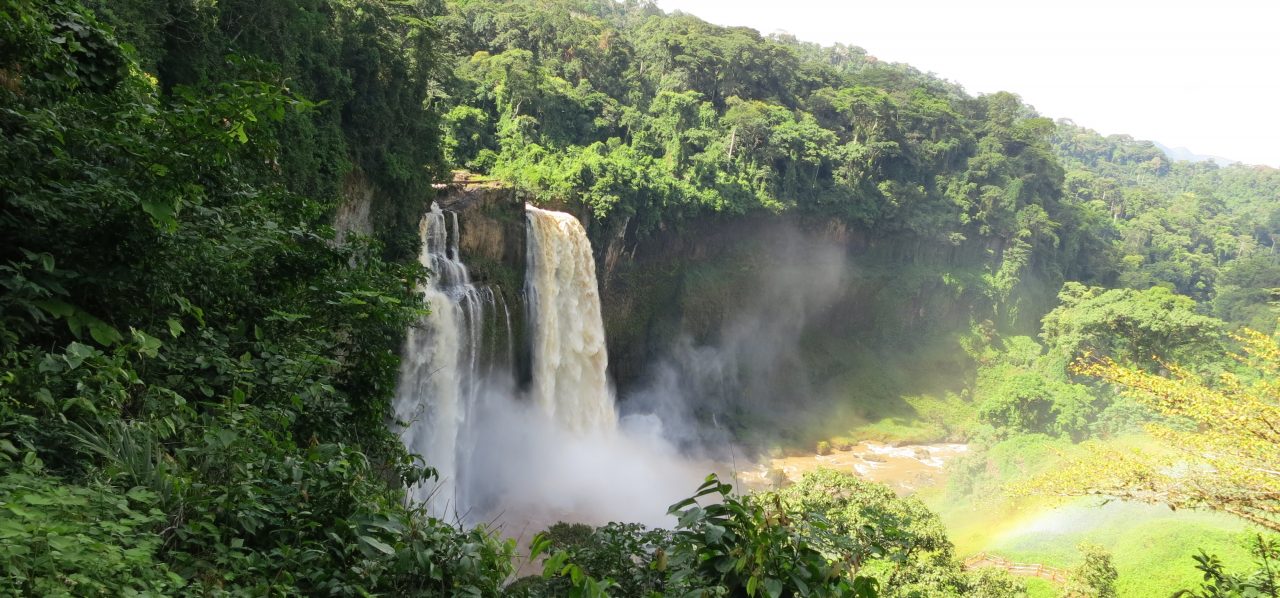| Malaika
Malaika, nakupenda Malaika
Malaika, nakupenda Malaika
Nami nifanyeje, kijana mwenzio
Nashindwa na mali sina, we,
Ningekuoa Malaika
Nashindwa na mali sina, we,
Ningekuoa Malaika
Kidege, hukuwaza kidege
Kidege, hukuwaza kidege
Nami nifanyeje, kijana mwenzio
Nashindwa na mali sina, we,
Ningekuoa Malaika
Nashindwa na mali sina, we,
Ningekuoa Malaika
Pesa zasumbua roho yangu
Pesa zasumbua roho yangu
Nami nifanyeje, kijana mwenzio
Ningekuoa Malaika
Nashindwa na mali sina, we,
Ningekuoa Malaika |
Angel
Angel, I love you angel
Angel, I love you angel
and I, what should I do, your young friend
I am defeated by the bride price that I don’t have
I would marry you, angel
I am defeated by the bride price that I don’t have
I would marry you, angel
Little bird, I think of you little bird
Little bird, I think of you little bird
and I, what should I do, your young friend
I am defeated by the bride price that I don’t have
I would marry you, angel
I am defeated by the bride price that I don’t have
I would marry you, angel
The money (which I do not have) depresses my soul
The money (which I do not have) depresses my soul
and I, what should I do, your young friend
I would marry you, angel
I am defeated by the bride price that I don’t have
I would marry you, angel |




 Back when this was written from his prison cell in Lisbon,
Back when this was written from his prison cell in Lisbon,  Ce que Imana (Dieu) te donne, le vent ne peut pas l’emporter
Ce que Imana (Dieu) te donne, le vent ne peut pas l’emporter
 Le chemin qui conduit vers des êtres chers, n’a pas d’épines
Le chemin qui conduit vers des êtres chers, n’a pas d’épines

 Le fond de la pirogue ne dit pas ce qu’il y a au fond de l’eau
Le fond de la pirogue ne dit pas ce qu’il y a au fond de l’eau




